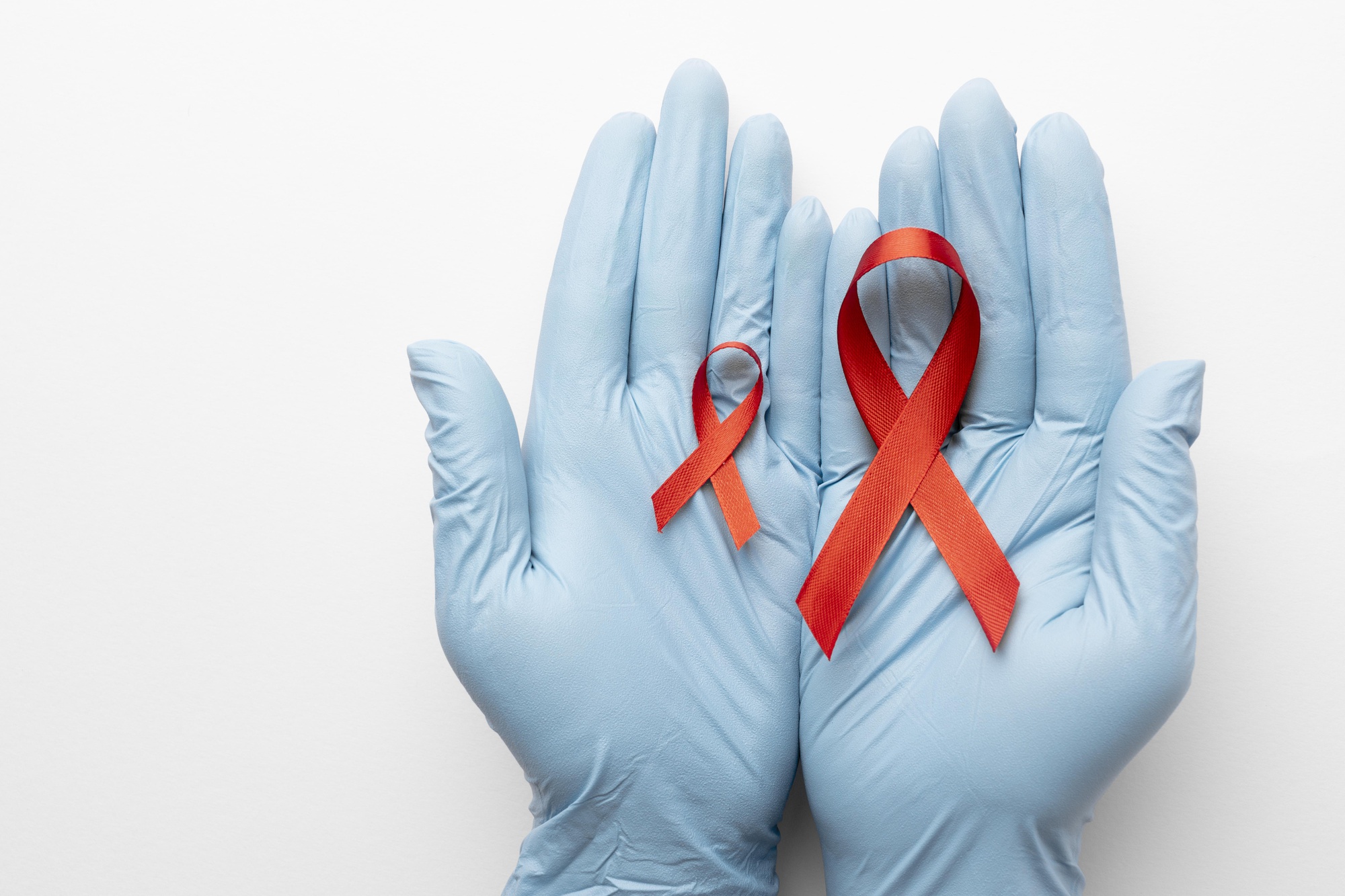Hormones: Orchestrators of Mental Well-Being
Hormones are powerful biological compounds that regulate many aspects of our health, including mood, stress response, and overall mental well-being. They act as biological messengers, influencing the activity and function of various organs and tissues in response to physical and psychological stimuli.
Understanding the connection between hormones and mental health is crucial for anyone striving to optimize their well-being. In this article, we delve into the pivotal role of hormones like cortisol, estrogen, and testosterone, exploring their influence on emotions and mental states. We also provide insights into strategies individuals can adopt to achieve better hormonal balance and improve mental health.
Understanding Hormones: Fundamental Regulators of Bodily Functions
Hormones are the body’s chemical messengers, produced by various glands in the endocrine system. They control, coordinate, and regulate most major bodily functions, from simple ones like hunger and sleep to complex processes like reproduction, emotions, and mood. Each hormone interacts with specific cells in the body, fitting into them like a key into a lock.
How Hormones Work
Hormones are released by glands into the bloodstream, traveling to tissues and organs to influence their function. They bind to specific receptor sites in target cells, triggering changes in the cell’s function, which can manifest as alterations in behavior, physical attributes, or metabolic reactions.
Hormone production is regulated through a complex process called a negative feedback system. For example, when blood sugar levels rise, the pancreas secretes insulin, which helps absorb glucose into cells, balancing blood sugar levels. Once balance is achieved, insulin release decreases.
Each hormone impacts the body differently, and imbalances can lead to diverse symptoms and health issues. For instance, overproduction of thyroid hormone can result in weight loss, increased heart rate, and anxiety, while underproduction can lead to weight gain, fatigue, and depression.
The human body relies on this symphony of hormones to function optimally, making hormonal balance vital for health and well-being.
Hormones and Mental Health
Hormones play a crucial role in neurological health, influencing behavior, mood, and mental health. They trigger various emotional responses and behavioral attributes.
Cortisol: The Stress Hormone
Cortisol, known as the “stress hormone,” is produced by the adrenal glands during stressful situations, mobilizing the body’s fight-or-flight response. Prolonged exposure to elevated cortisol levels can lead to psychological disorders, highlighting the importance of effective stress management for mental wellness.
Estrogen: A Mood Regulator
Estrogen, predominantly a female sex hormone, plays an integral role in mood regulation. It modulates serotonin and other mood-related neurotransmitters, promoting a sense of well-being. However, fluctuations in estrogen levels during life phases like menstruation, pregnancy, and menopause can impact mood and emotional state, linking dramatic shifts to conditions like PMDD and postpartum depression.
Testosterone: Beyond Physical Vitality
Testosterone influences mental well-being, impacting mood, memory, cognition, and stress response. Declining testosterone levels can lead to depressive moods, lack of motivation, fatigue, and cognitive fog. Maintaining optimal testosterone levels promotes mental clarity and stress resilience.
The interplay between hormones and mental health is complex, and understanding their influence can help devise effective treatments and preventive strategies.
Strategies to Support Hormonal Balance and Mental Health
Achieving hormone balance involves proactive self-care, lifestyle modifications, and sometimes medical interventions. Here are strategies to support hormonal balance and mental health:
Healthy Lifestyle Practices
-
Regular Physical Exercise: Exercise stabilizes hormone levels by reducing stress hormones like cortisol and increasing endorphins, the body’s natural mood lifters. It also improves insulin sensitivity and regulates sleep patterns, essential for hormone balance.
-
Balanced Diet: A nutritious diet rich in whole foods boosts overall health and promotes hormonal balance. Key nutrients include omega-3 fatty acids, protein, B vitamins, and antioxidants. Limiting caffeine, alcohol, and processed foods is also crucial.
Mind-Body Practices
Incorporating mind-body practices into your routine can reduce stress and foster relaxation:
-
Yoga: Provides physical activity and stress reduction, decreasing cortisol levels and improving symptoms of depression and anxiety.
-
Meditation: Lowers cortisol levels, improves mood, and enhances stress resilience. It supports healthy lifestyle habits for hormone balance.
-
Deep Breathing Exercises: Activates the relaxation response and lowers cortisol levels, promoting peace and improved mood.
Medical Interventions
In cases where hormonal imbalances significantly impact mental health, medical interventions may be necessary:
-
Bioidentical Hormone Replacement Therapy (BHRT): BHRT uses hormones identical to those produced by the body to treat women with low hormone levels.
-
Testosterone Replacement Therapy (TRT): TRT is suggested for men with low testosterone symptoms, including depression, fatigue, and decreased cognitive function.
-
Human Growth Hormone (HGH) Therapy: Stimulates cell growth and repair, improving mood, cognition, and overall quality of life.
Before pursuing medical treatments, consult qualified healthcare providers to discuss potential risks and benefits and customize treatment plans to suit individual needs.
While these strategies can support hormonal balance and mental health, hormonal health is complex, and individual needs may evolve over time. Regular check-ups and consistent self-care should be central to any wellness journey.



